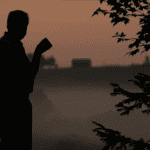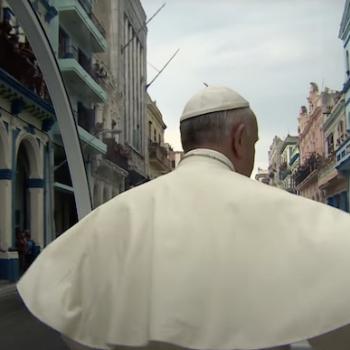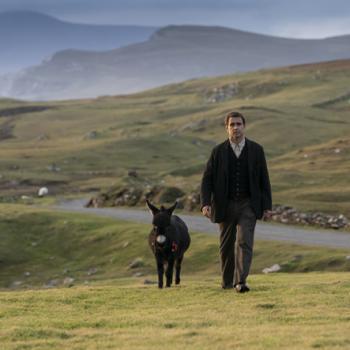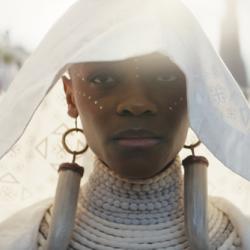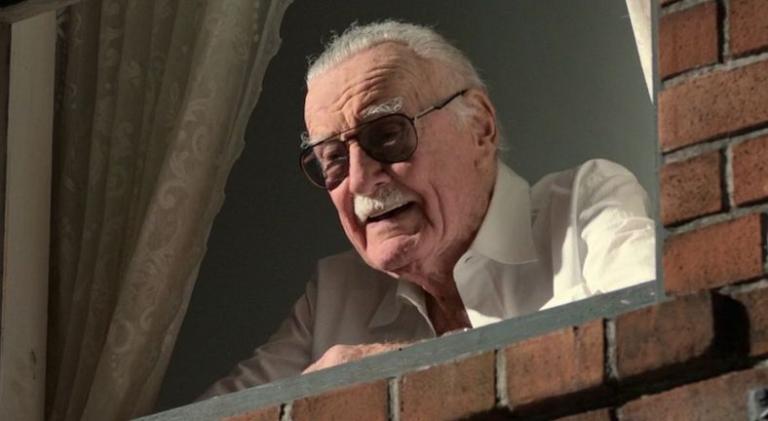
Comic-book legend Stan Lee died today at the age of 95. While most of us are probably most familiar with him from his delightful cameos in the Marvel movies, he was way more than a funny face.
Lee didn’t single-handedly build Marvel into the multimedia behemoth it is today. But he, with the help of some talented collaborators, was its prime architect. Lee and Jack Kirby created the X-Men, Fantastic Four and a good chunk of who make up the Avengers these days, including Iron Man, Hulk, Black Panther and Thor. With Steve Ditko, Lee crafted Marvel’s beloved Spider-Man (along with Doctor Strange). He teamed up with Bill Everett to make the spiritually complex Daredevil. He brought a veritable pantheon of new superheroes to the scene, and in so doing, shaped much of today’s pop culture.
But incredibly, perhaps Lee’s greatest contribution wasn’t the superheroes he made. Rather, it was in how deeply, radically human he made them.
The Marvel where Lee worked was a comparative upstart in the world of superhero comics. The undisputed big dog was, unquestionably, DC, already home to the world’s best-known superheroes, including Superman, Wonder Woman and Batman. In 1956, DC ushered in the Silver Age of Comics when it introduced Martian Manhunter and updated versions of the Flash and Green Lantern. The superhero mashup of The Justice League rocked the comic book world in 1960.
Marvel publisher Martin Goodman wanted in on the resurgence of the superhero, and he turned to Stan Lee to make it happen. But Lee, who was considering getting out of the business altogether, decided to take his new superheroes in a different direction: His do-gooders weren’t always as good as they should be. While Superman was super in every which way, Spider-Man was an insecure teen who fretted about dating. Hulk’s Bruce Banner could only turn green when he was angry. Iron Man’s Tony Stark had a ton of issues. Marvel’s new Silver Age superheroes were super, sure. But they were also human. They fought with each other and with themselves, too—sometimes needing to overcome their own flaws and failings to be the heroes they dressed up as.
On BBC Radio, legendary comic book creator Alan Moore had this to say about the change Stan Lee ushered in:
The DC comics were always a lot more true blue. Very enjoyable, but they were big, brave uncles and aunties who probably insisted on a high standard of you know mental and physical hygiene. (audience laughs) [They were] one dimensional characters whose only characteristic was they dressed up in costumes and did good. Whereas Stan Lee had this huge breakthrough of two-dimensional characters. (audience laughs) So, they dress up in costumes and do good, but they’ve got a bad heart. (audience laughs) Or a bad leg. (audience laughs) I actually did think for a long while that having a bad leg was an actual character trait. (audience laughs)
D.C. emphasized the super in its superhuman characters, which was fine. But Stan Lee’s Marvel emphasized the human. And with that, superheroes became not just icons to aspire to (and invariably fall short), but folks we could relate to, as well.
I wonder whether we could learn something from Lee and his characters.
We live in an age saturated by social media. We’re more connected with each other than ever before. But despite the unprecedented opportunities we have for transparency, we often go in the opposite direction. We take hundreds of pictures of ourselves for that post-perfect selfie on Instagram. Our Facebook pages are so edited and obsessed over that, sometimes, the curated posts we deem fit for our friends barely reflect our actual lives at all.
Weakness? Fear? Sadness? We don’t show much of it—not to our associates or acquaintances or sometimes even to our closest friends.
I think that can be especially true in Christian circles. We go to church with our smiles painted on, our glib conversations almost plotted to the letter. Rarely do we suggest we’re anything but perfectly happy, perfectly content children of God, blessed beyond measure. Even on those Sundays when we don’t feel blessed at all.
Why? I think we worry that people will judge us if we show the chinks in our armor. If our marriage is on the rocks or our children are struggling or we’re just feeling depressed for no good reason, must mean we’re doing something wrong. We’re not praying enough. We’re not loving God enough.
But some of it, I think, comes down to the same reasons that DC stuck with its superhero formula for so long: Superheroes are supposed to be super-heroic. What would the children say if they were less than super? What would their parents say? What sort of an example would they set? These are heroes we should look up to—even if the lip of the pillar we’ve put them on makes it difficult to see them clearly.
We Christians may look at the non-Christians in our lives and understand that we, like superheroes, are supposed to be role models. “Let your light shine before others, so that they may see your good works and give glory to your Father,” we read in Matthew 5:16.
And I get that.
But sometimes I think we overdo it. We forget that old Commandment of “thou shalt not lie.” We lie to make (we think) God look better. We cover up our own fears and frustrations and pretend to be the models of good behavior we think we should be.
I fall into that trap sometimes. But you know what’s funny? You know the people—the Christians—that I tend to gravitate to? The ones that aren’t perfect and don’t pretend to be. They’re the ones I feel safe with—safe enough to share my soul, blemishes and scars and all.
Stan Lee will be remembered for lots of worthy reasons. But the contribution I’m most grateful for is how he helped made the superhero a little less super, a little more human. It reminds us that, even with our own imperfections (and our frustrating lack of superpowers), maybe we can still be heroes to someone, too.


